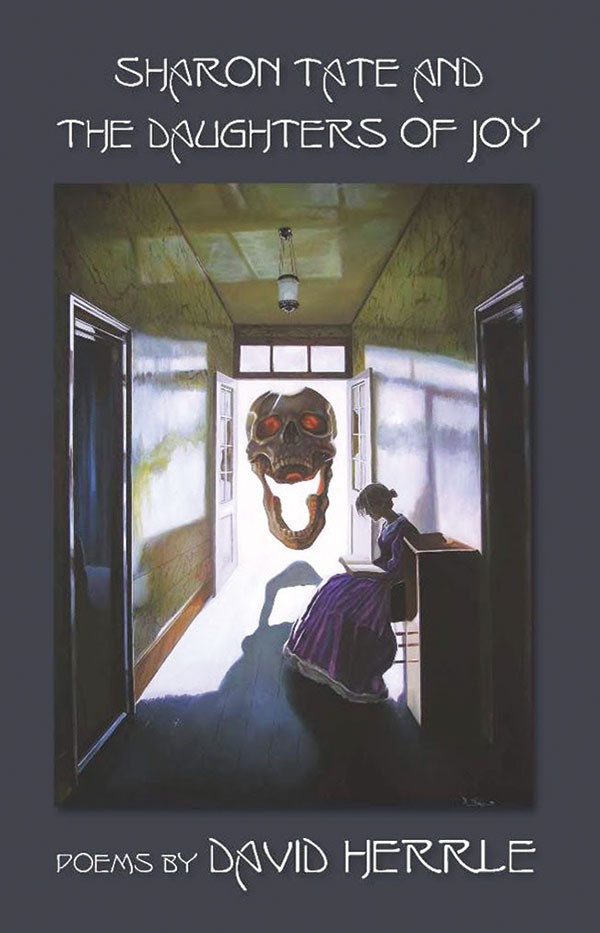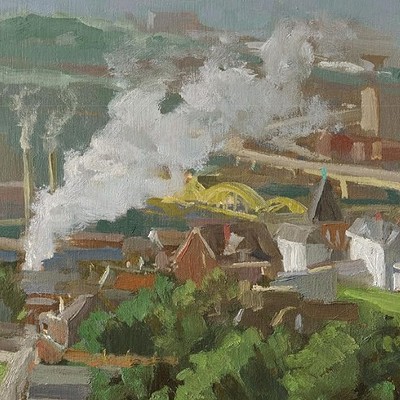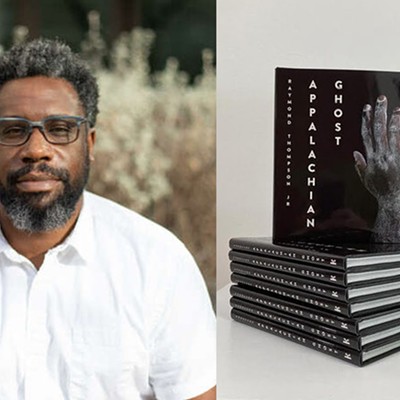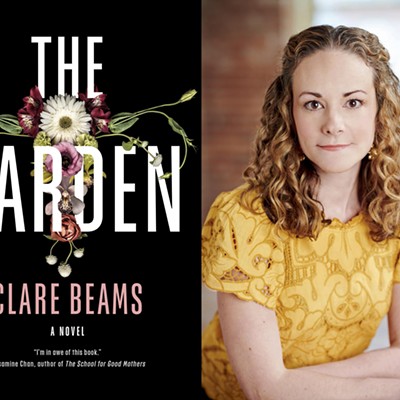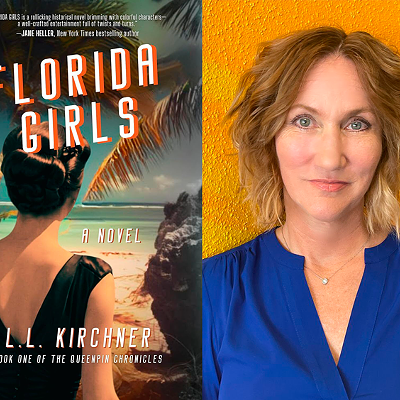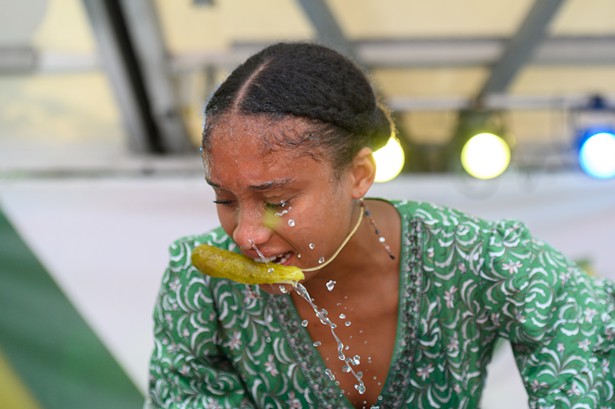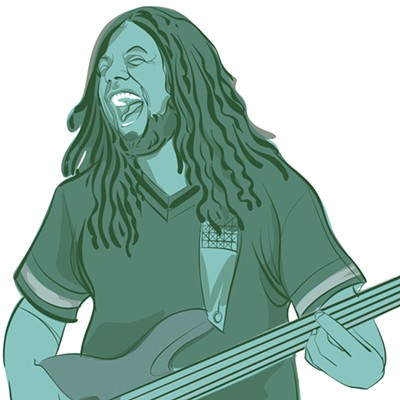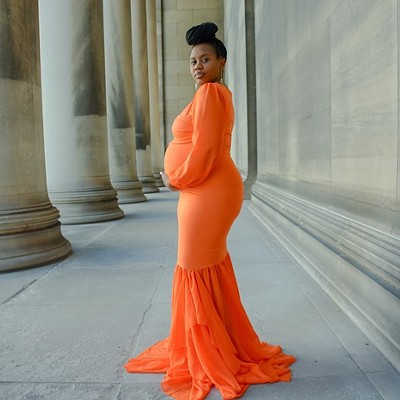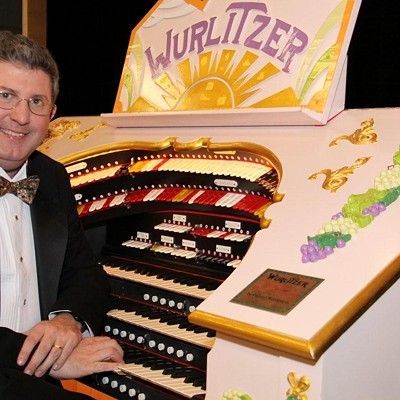As a kid in the '80s reading Helter Skelter, I was gripped by the real-life horror story of the Manson family, boogeyman of a counter-culture I was just beginning to understand. In his newest book, Sharon Tate and the Daughters of Joy (Time Being Books), David Herrle moves beyond journalistic analysis to take a profound look at the Tate/LaBianca murders using both prose and poems through 190 pages of near-philosophical scrutiny. It's not beach reading, for sure.
Herrle, a technical writer living in Pittsburgh and creator of online lit mag SubtleTea, goes deep, using dozens of sources to make historical connections between the deaths of Marie Antoinette, Mary Jane Kelly (Jack the Ripper's final victim) and Sharon Tate. His speakers make interesting claims about beauty and revolutionary violence, saying, in "The Sorcerer's Apparatchik," "You ask me what the secret / of mass violence is. / It's beauty. / Resentment or envy of it, / letdowns, spurn-burns. / A fetish for its order without / its 'oops' factor. / An unreaching of the high bar, / a falling short. / Rage rages and become a ruling stone / when pacifism falls to pieces." His thoughtful hypotheses work best when couched with witty wordplay.
Herrle's speakers throughout Sharon Tate ... include Psalmic Eeyore and Davidus Thermidor, a Scarlet Pimpernel-esque character who shows up in the middle of the Tate slaughter as a sermonizing superhero hoping to neutralize the Manson gang. It's weird, ambitious stuff for a poetry collection that kept this reader on his toes with working references to French Revolutionary figures. Throughout this work, Herrle employs a panoply of historical and pop-culture figures. At times, the name-dropping is informative; at others, it distracts from the craft and feels like intellectual posturing.
Aside from the final "chapter" of the book, "Charlie Manson and the Scorpion Children," the most intriguing was "Black Dahlia Nihilismus." Here, Herrle uses a keen sense of irony to meditate on art, death and mass murder in the 20th century. Poems like "Spiritual Giants" and "I'm So Over the Rainbow" note the delicious hypocrisy of weapons monikers in relation to high casualty counts. It culminates in "Art Doesn't Save," in which he concludes, "What was the name / of the companion plane / for the Hiroshima and / Nagasaki bombings? / The Great Artiste."
Sharon Tate ... is a cerebral work, not for the faint of heart.

